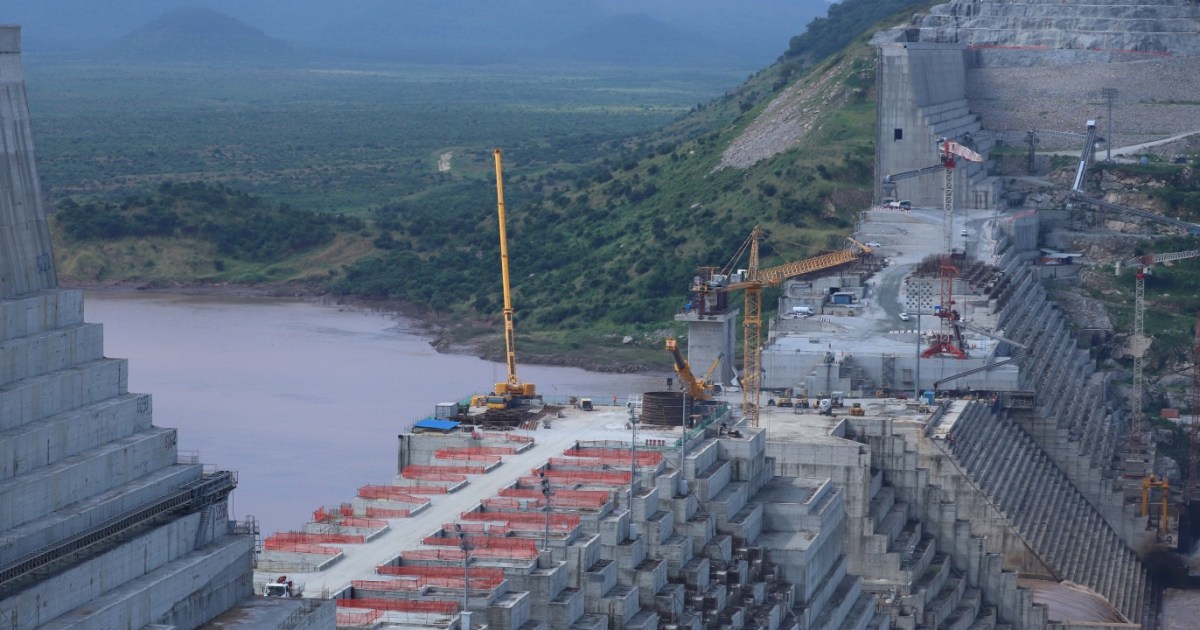Berhanu Gola, Deputy Chief of the Ethiopian Staff, said that his country will defend itself and its interests in the Renaissance Dam, in the wake of the failure to reach an agreement with both Egypt and Sudan.
Berhanu called in press statements on Friday, Egypt, not to adopt what he called the policy of wars, in order for water to flow in the interest of the two countries.
He reiterated his country's refusal to negotiate the sovereignty of the Renaissance Dam, and affirmed its right to benefit from its waters.
The Deputy Chief of Staff said that his country was able to defend its interests and face any threats, and described the Egyptian vision of the Renaissance Dam as turbulent, and said that Cairo had adopted a policy of hostility to Ethiopia.
There was no immediate comment from the Egyptian side on the statements of the Ethiopian official, while analysts believe that his statements constitute a contradiction with the statements of Prime Minister Abi Ahmed a few days ago that "diplomacy should occupy the center stage to resolve outstanding issues."
On Thursday, the Egyptian, Sudanese and Ethiopian irrigation ministers held the third meeting on the rules for filling and operating the Renaissance Dam that Ethiopia is building on the Blue Nile, and the meeting ended without agreement, after Egypt and Sudan had reservations about the Ethiopian paper.
Egypt said that "the Ethiopian paper represents a complete retreat from the principles and rules previously agreed upon in the negotiations sponsored by the United States and the World Bank, and it represents a waste of all technical understandings reached in previous rounds of negotiations."
After the meeting, Ethiopia considered that Egypt's approach to trying to resort to the UN Security Council regarding the file of the Renaissance Dam "is not an indication of transparency and goodwill in the negotiations."
Egypt demanded that Ethiopia announce that no unilateral action would be taken to fill the dam, until negotiations are concluded and an agreement is reached within 4 days (June 9-13).
On May 12, Sudan and Egypt rejected an Ethiopian proposal to sign a partial agreement to start filling the dam.
Both Sudan and Egypt fear that the reservoir - which has a maximum capacity of 74 billion cubic meters - will block the annual basic water supply of the river.
In March 2015, the leaders of the three countries signed a principles agreement that requires them to reach consensus through cooperation on the dam.
Egypt wants Ethiopia to ratify a draft agreement that emerged from the talks earlier this year mediated by the US Treasury, which intervened at the request of Egyptian President Abdel Fattah al-Sisi, but Ethiopia skipped the last round of those talks and denied that any agreement was reached.

